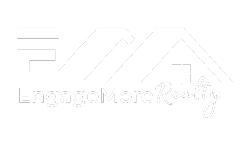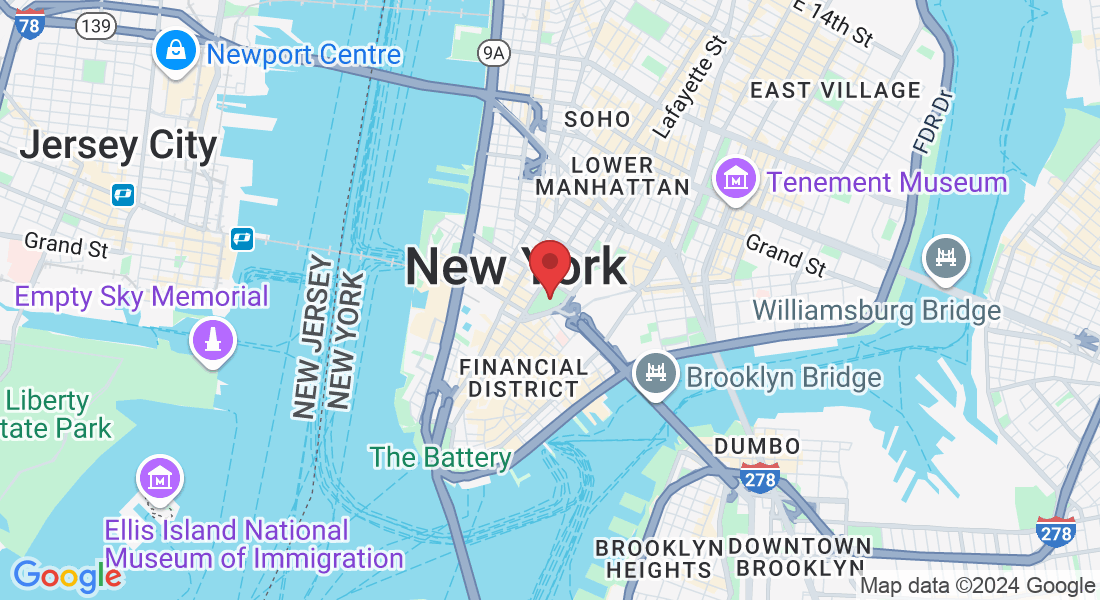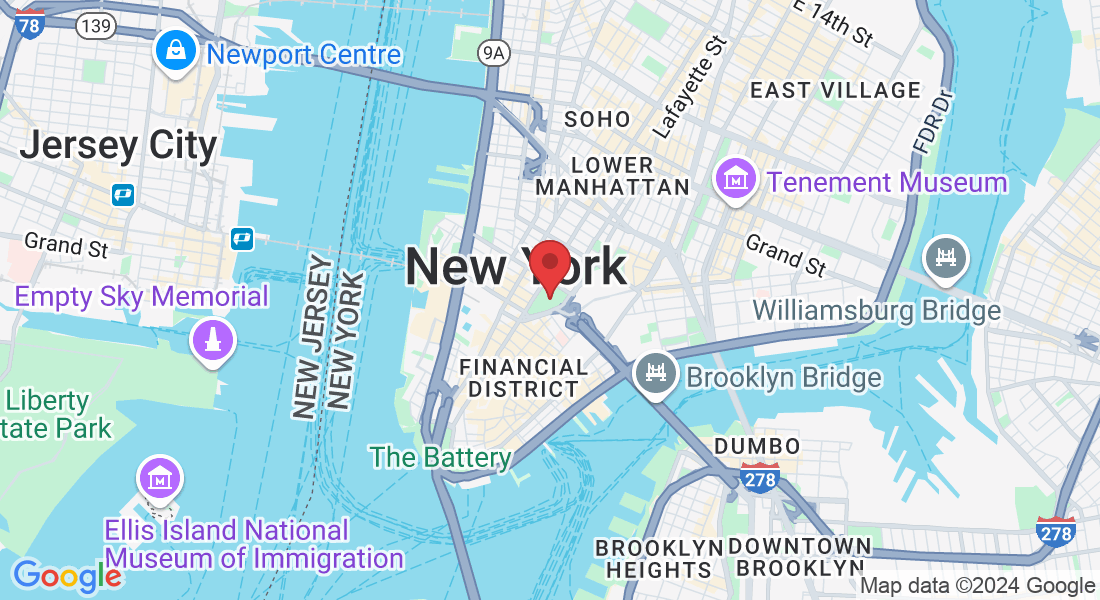How can I help?
Browse My Website then Contact Me, I'm Here to Help!
OUR SPECIALTIES
HOW WE HELP OUR VALUED CLIENTS
Choose us for our proven track record of success, exceptional client service, and deep market knowledge. We excel at turning leads into closings with our innovative strategies. Our personalized approach ensures your real estate experience is smooth and rewarding.

25
Average Days On Market
1,266
Total # Of Sales
25
Average Days On Market
wondering what your home is worth?
Thinking of selling or refinancing?
VIEW ALL LOCAL ACTIVE LISTINGS FOR SALE
Exceptional Homes, Tailored to You!
Our team has extensive knowledge and experience in the the communities you love!
AREA 2
AREA 3
CLient Success STories
John Smith
Lorem Ipsum is simply dummy text of the printing and typesetting industry. Lorem Ipsum has been the industry's standard dummy text ever since the 1500s, when an unknown printer took a galley of type and scrambled it to make a type specimen book.
John Smith
Lorem Ipsum is simply dummy text of the printing and typesetting industry. Lorem Ipsum has been the industry's standard dummy text ever since the 1500s, when an unknown printer took a galley of type and scrambled it to make a type specimen book.
John Smith
Lorem Ipsum is simply dummy text of the printing and typesetting industry. Lorem Ipsum has been the industry's standard dummy text ever since the 1500s, when an unknown printer took a galley of type and scrambled it to make a type specimen book.
John Smith
Lorem Ipsum is simply dummy text of the printing and typesetting industry. Lorem Ipsum has been the industry's standard dummy text ever since the 1500s, when an unknown printer took a galley of type and scrambled it to make a type specimen book.
John Smith
Lorem Ipsum is simply dummy text of the printing and typesetting industry. Lorem Ipsum has been the industry's standard dummy text ever since the 1500s, when an unknown printer took a galley of type and scrambled it to make a type specimen book.
John Smith
Lorem Ipsum is simply dummy text of the printing and typesetting industry. Lorem Ipsum has been the industry's standard dummy text ever since the 1500s, when an unknown printer took a galley of type and scrambled it to make a type specimen book.
https://searchazproperty.com | 2025 | PRIVACY POLICY




Facebook
Instagram
LinkedIn
Youtube
TikTok